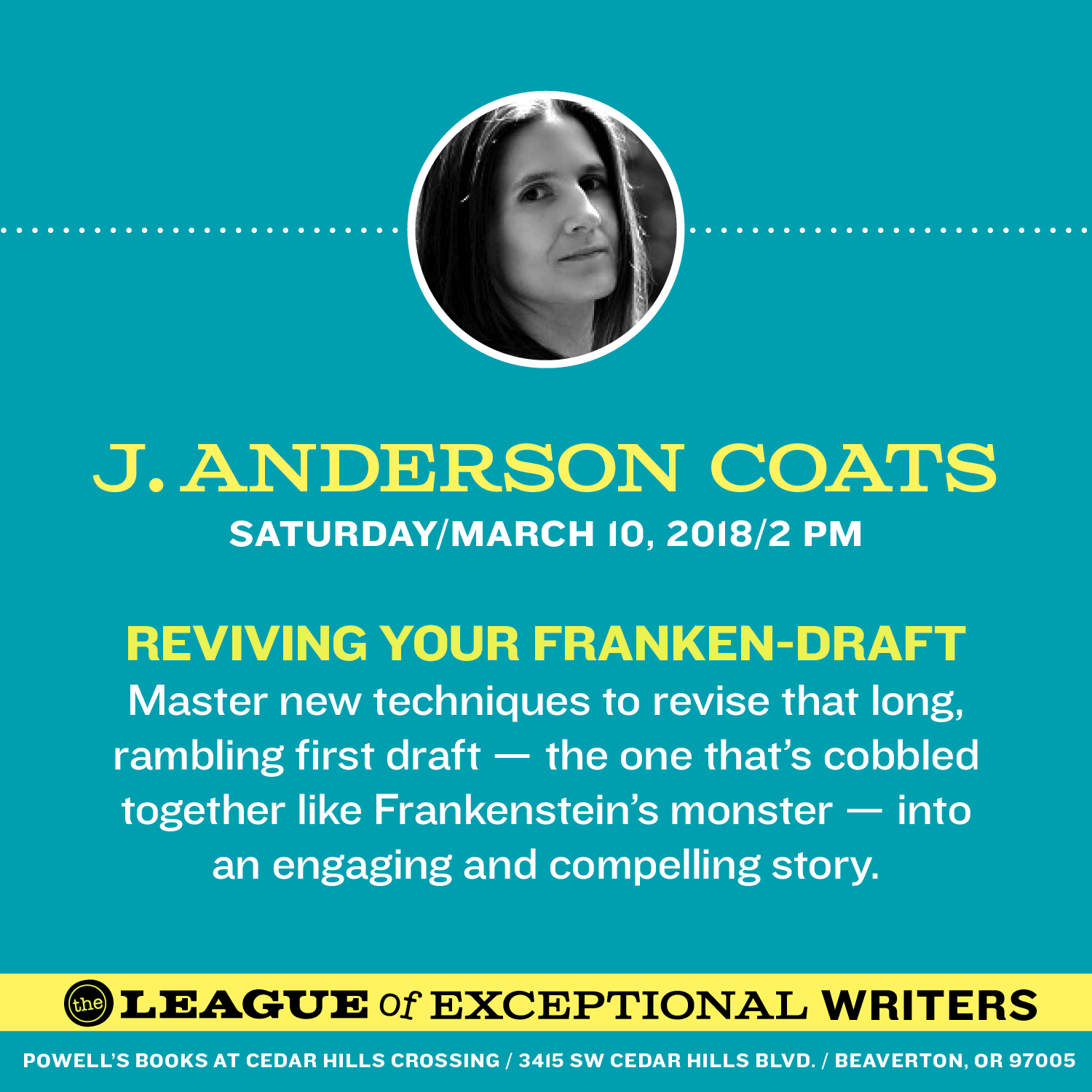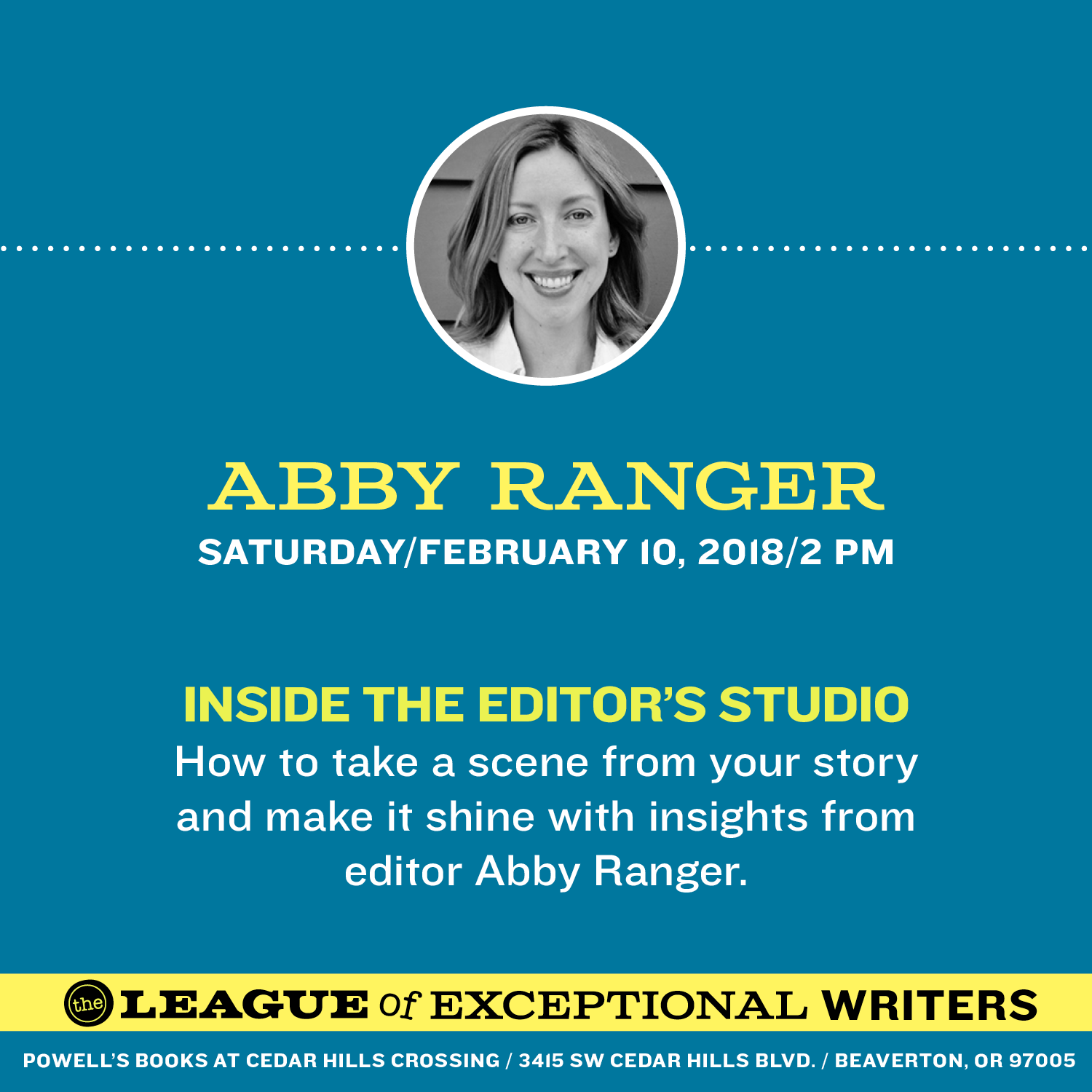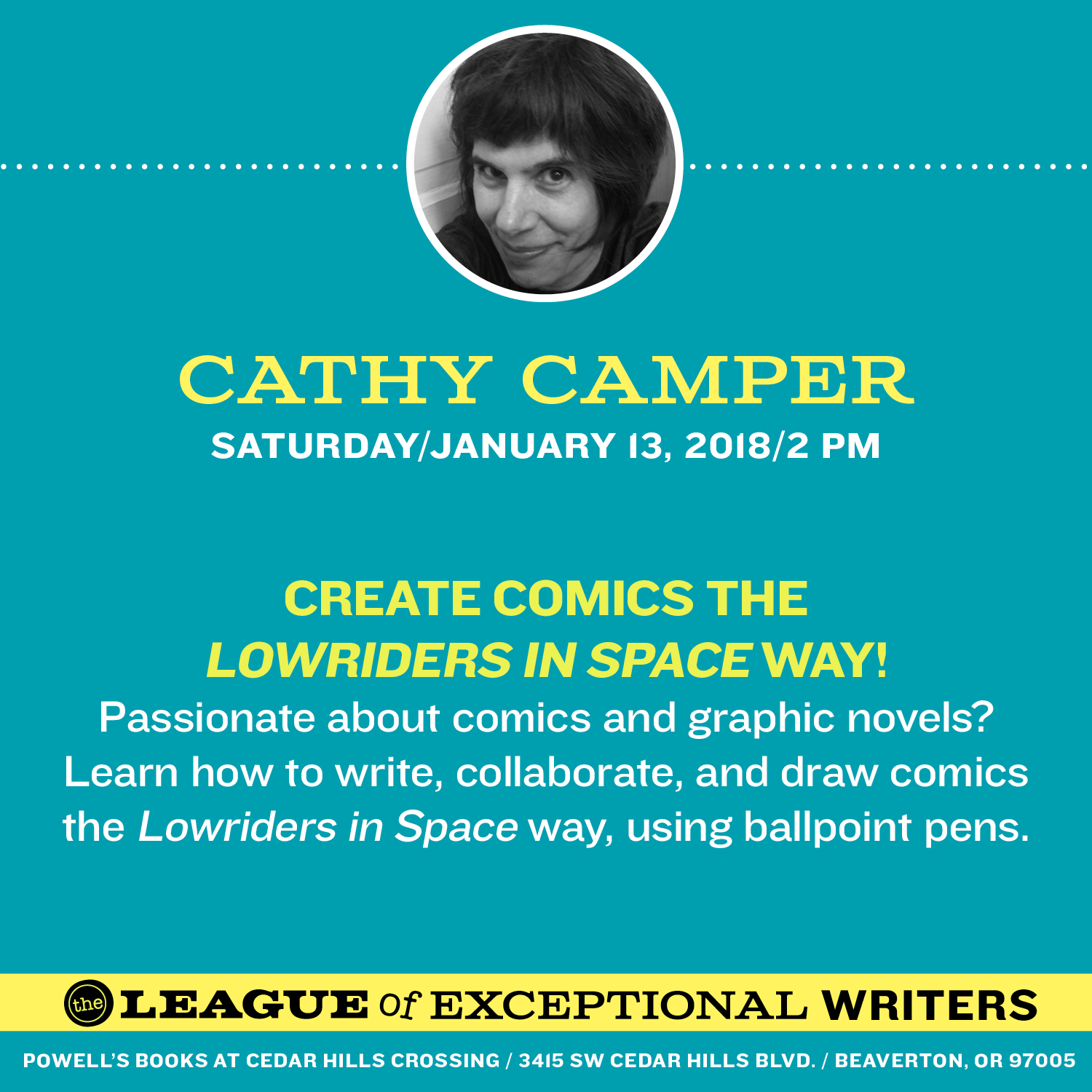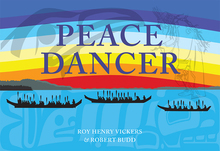It’s been a rough few weeks in the world of children’s literature with conversations about sexual harassment in the industry. There are worthwhile things to read on the topic here and here.
One of the comments that caught my eye was the lament from a teacher—but these authors are rock stars to me and my students! I’m so disappointed!
It got me thinking. I’m going to take a deep breath and wade into difficult territory hoping that it will be received in the spirit I intend which is to support both students and teachers and librarians.
 I do a lot of school visits. It’s one of the best parts of my life as an author. A school that is well prepared for my visit and eagerly anticipating a day in celebration of literature, goes a long way to making the work satisfying for me and profitable for students. Sometimes there are even lovely extra touches—a welcome sign hand made by students, a warm cup of tea, the principal who gave me her parking spot because it was snowing—all kind and much appreciated.
I do a lot of school visits. It’s one of the best parts of my life as an author. A school that is well prepared for my visit and eagerly anticipating a day in celebration of literature, goes a long way to making the work satisfying for me and profitable for students. Sometimes there are even lovely extra touches—a welcome sign hand made by students, a warm cup of tea, the principal who gave me her parking spot because it was snowing—all kind and much appreciated.
But sometimes a teacher or librarian goes a little over the top with the adulation of the person of the author. It has always made me uncomfortable and I’m pretty outgoing among my peers. There are many more introverted authors who find personal adulation extremely awkward, even painful. Nobody goes into children’s publishing to seek status. There’s just none to be had. The world of adult literature has no respect at all for us, and those outside of the world of literature are barely aware of our existence.  For many the real draw in writing for kids is that it sidesteps the literary celebrity culture which can be so toxic in the adult writing world. So even though the adulation was kindly meant it often makes the author on the receiving end more anxious than flattered. As an added bonus, when an author’s human frailties—fairly or unfairly—become a subject of social media, you will not have the shock of their fall from grace because you never excluded them from the human community by putting them on a pedestal in the first place.
For many the real draw in writing for kids is that it sidesteps the literary celebrity culture which can be so toxic in the adult writing world. So even though the adulation was kindly meant it often makes the author on the receiving end more anxious than flattered. As an added bonus, when an author’s human frailties—fairly or unfairly—become a subject of social media, you will not have the shock of their fall from grace because you never excluded them from the human community by putting them on a pedestal in the first place.
But here’s an even more important reason. Making an author a rock star does not serve your students well. The real benefit of an author visit is connection—genuine connection between students and authors. One of my most memorable school visits was to a middle school in Cicero, Illinois. It was a low income school in a neighborhood where gang violence is common. It was also right next to the neighborhood of my childhood. The teacher in her introduction said this: This author was born at Oakpark Hospital. (where most of the students were born) She lived on Ridgeland Avenue (which runs through the middle of the district) She used to play at the park with the fountain in the shape of a seal. (a place they all know). Oh, the look of joy on their faces, the wonderment! Yes, you can live here and also do this—be an author, graduate high school, attend college, choose a profession that speaks to your heart. And now let’s talk about the nuts and bolts of how that gets done.
That’s what school visits are for–connection. Putting an author on a pedestal, if anything, says to students here is something you can never be.
Most authors work hard to find common ground with the students they work with in schools. If librarians and teachers help us develop that connection then the information we have for students about the craft of story- making has a chance to take root and grow, making them the confident young readers and writers we all want them to be.
Thank you to all the hardworking teachers and librarians who work long and hard to bring authors into their schools. You are such a force for good. I am inspired every time I meet you!


 I do a lot of school visits. It’s one of the best parts of my life as an author. A school that is well prepared for my visit and eagerly anticipating a day in celebration of literature, goes a long way to making the work satisfying for me and profitable for students. Sometimes there are even lovely extra touches—a welcome sign hand made by students, a warm cup of tea, the principal who gave me her parking spot because it was snowing—all kind and much appreciated.
I do a lot of school visits. It’s one of the best parts of my life as an author. A school that is well prepared for my visit and eagerly anticipating a day in celebration of literature, goes a long way to making the work satisfying for me and profitable for students. Sometimes there are even lovely extra touches—a welcome sign hand made by students, a warm cup of tea, the principal who gave me her parking spot because it was snowing—all kind and much appreciated.
 For many the real draw in writing for kids is that it sidesteps the literary celebrity culture which can be so toxic in the adult writing world. So even though the adulation was kindly meant it often makes the author on the receiving end more anxious than flattered. As an added bonus, when an author’s human frailties—fairly or unfairly—become a subject of social media, you will not have the shock of their fall from grace because you never excluded them from the human community by putting them on a pedestal in the first place.
For many the real draw in writing for kids is that it sidesteps the literary celebrity culture which can be so toxic in the adult writing world. So even though the adulation was kindly meant it often makes the author on the receiving end more anxious than flattered. As an added bonus, when an author’s human frailties—fairly or unfairly—become a subject of social media, you will not have the shock of their fall from grace because you never excluded them from the human community by putting them on a pedestal in the first place.



 Orca Chief is also a story about the importance of respect for the natural world. In this story a group of disrespectful fishermen are taken under the sea to visit the Chief of the Orcas. After the fishermen apologize the Orca Chief forgives them and shows them ways to find many good things to eat–herrings, oolichan, and crabs.
Orca Chief is also a story about the importance of respect for the natural world. In this story a group of disrespectful fishermen are taken under the sea to visit the Chief of the Orcas. After the fishermen apologize the Orca Chief forgives them and shows them ways to find many good things to eat–herrings, oolichan, and crabs.